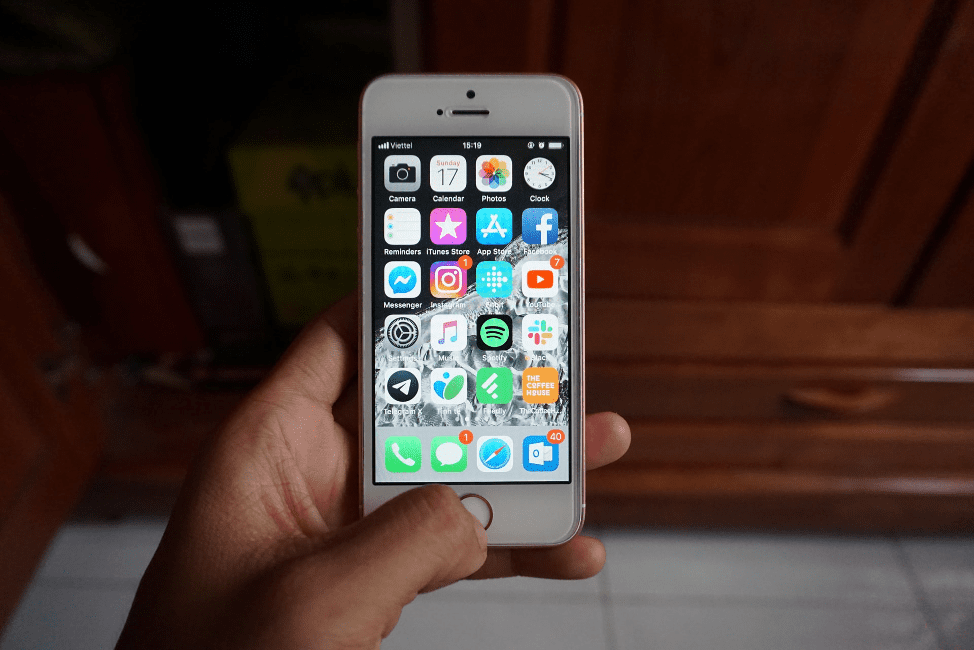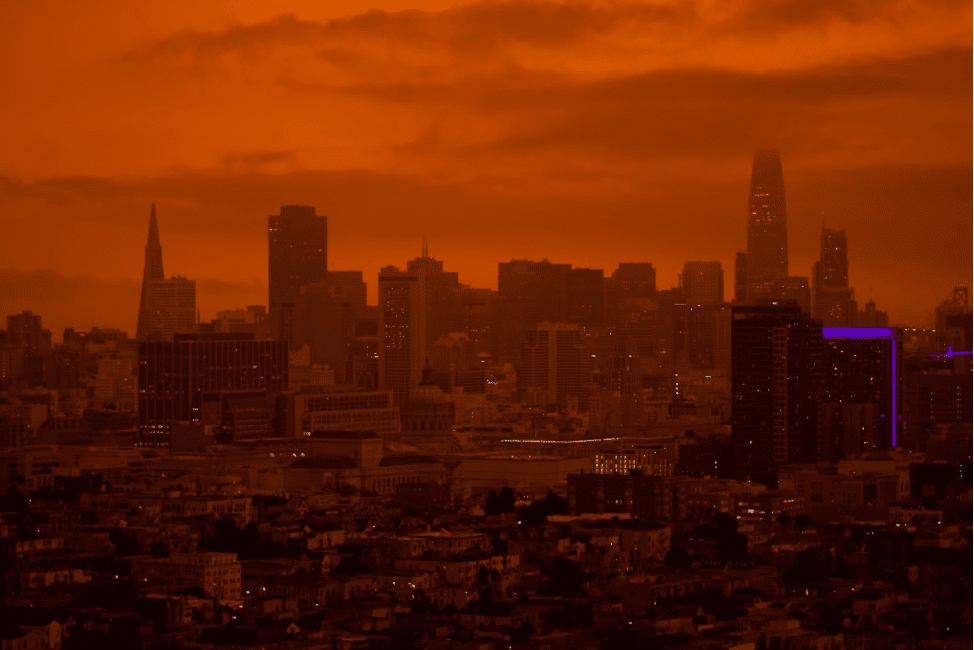It is well-known that the pandemic caused many businesses to shift operations to a more virtual setup, enabling many workers to fulfill their duties remotely. This might have been the perfect way to increase employee morale if only managers hadn’t felt the need to use digital surveillance to monitor their workers.

Unsplash | Working from home should’ve given employees the space to explore their creative side – instead, they’re busy trying to look productive
Specialist software is now available to track workers’ website visits, mouse movements, and even keyboard strokes. Webcam monitoring software is also being used to notice body language, facial expressions, and even eye movements! Managers can also take screenshots to check whether the employee is attentive or not.
This heavy surveillance is raising questions on how keeping such rigorous tabs is affecting the privacy, work practices, and overall well-being of people.
Does It Help with Productivity?
Managers justify the need to monitor employees by stating that it boosts productivity – and to some extent, even employees agree, with the exception that peers should monitor work progress instead of managers. This work-based insecurity led to the increasing popularity of Focusmate, a service that aims to help workers be more productive and less lonely at work. Users can also sign up for “work dates,” where they talk about an upcoming task and their approach to it. The other person can then rate the approach at the end.

Unsplash | The constant fear of being spied on has also affected people’s mental health quite severely
Additionally, what managers claim to be effective at all, owing to stats from the UK, indicate that there was no increase in productivity during 2020. In fact, the evidence points to precisely the opposite, with workers feeling less creative, afraid, and vulnerable. Consequently, the surveillance caused a decrease in work morale and overall job satisfaction.
The Way Forward
Now that the damage has been done, moving forward, companies need to employ the "ethics of care" policy, meaning they have to make the effort to take care of their employees. This starts with investigating surveillance lines to see just how managers are making use of them. While doing some, companies should note that every employee is different, meaning that some are more affected than others depending on how they weigh the benefits and risks of sharing their personal data.
Workers particularly struggling with remote work might have extra things to worry about, like children making it difficult for them to work. And at the end of the day, two can play the game of technology since even workers started using applications that keep their mouse working all the time.

Unsplash | Not everyone has the liberty of working in a quiet and undisturbed space
Bottom Line
In a world where smart technology is inescapable, we need to look deeper into the digital footprints we produce and how we control our privacy. We're careful about the stuff we leave on Google or Facebook so why should workplace surveillance be given a chance to invade that boundary?







